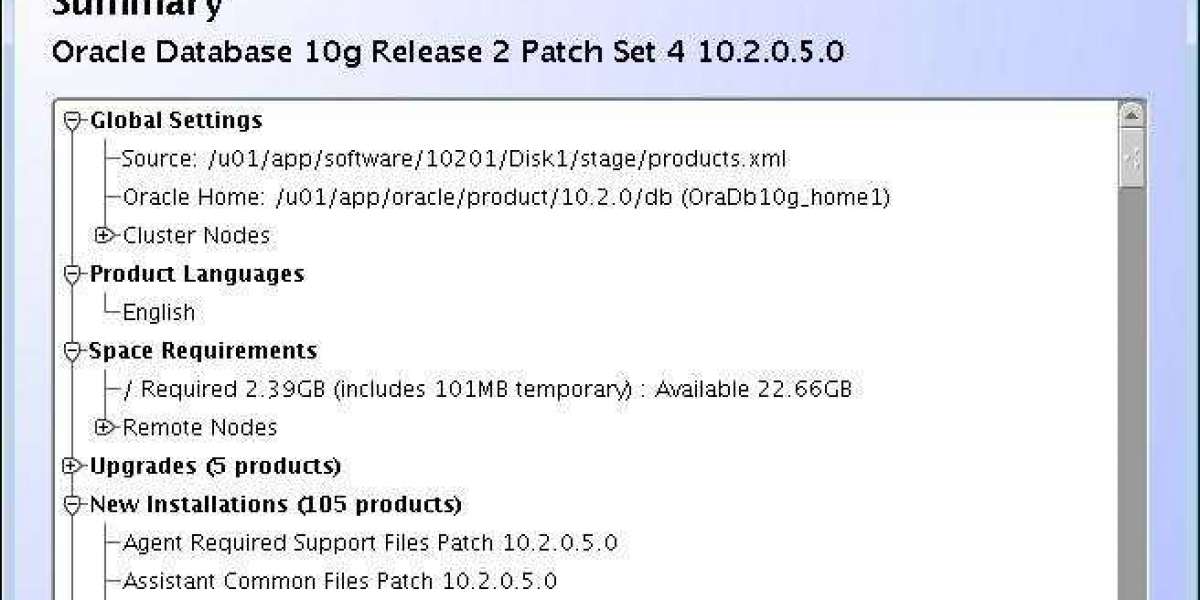While you may be interested in a medical detox program, there are many things you should know about the process and the medication involved. Read on to learn the benefits and possible side effects of medically assisted withdrawal, as well as the cost. You may also want to check whether your insurance covers the program. Whether it is covered or not, the cost of treatment is often unclear, so you'll need to ask the facility to help you figure it out. After your detox, the facility should prepare you for further treatment, so the facility should recommend a therapist who is well-regarded in your community.
Medically assisted withdrawal
As with any form of medical care, continued treatment is essential after completing detoxification. While choosing a detoxification program, a patient should work with their doctor to find an addiction treatment option that is right for their unique needs. Medications may be used to ease the withdrawal symptoms, stabilize the brain, or prevent a relapse. These options include outpatient treatment, individual and group therapy, and medication. Medically assisted withdrawal is also an excellent option for people who have already started a treatment program and are ready for a fresh start.
Medically assisted withdrawal is a safe, effective way to end substance use and avoid an early relapse. During this process, a medical team can administer drugs to ease withdrawal symptoms, and create a plan to wean the patient off the substance. They can also administer medications to help the patient get better sleep, or prescribed opioid replacement therapies. Depending on the severity of the symptoms, medically assisted withdrawal may involve a short or long period of treatment, and may include multiple phases.
Side effects of medication
While you may believe you can handle withdrawal symptoms without any assistance, it is important to know that the side effects of medication during medical detox can be severe. Withdrawal symptoms can include constipation, headaches, sweating, and muscle spasms. This is because the patient is dependent on the drug for physiological comfort. Medical detox can help alleviate these symptoms. These symptoms generally disappear more quickly than other side effects.
Subutex, an opioid replacement medication, is often given to opiate addicts during early stages of detox. Suboxone also contains a component called naloxone, which blocks the opioids' effects on the brain and can serve as an abuse deterrent. However, there is considerable uncertainty surrounding the side effects of both these drugs. If you are considering medical detox, make sure to discuss the potential side effects with your doctor before beginning.
Recommendations for patients
For people struggling with substance abuse disorders, it is important to seek out a medical detox program. This process is designed to help you cope with withdrawal symptoms, which can last anywhere from five to seven days. While medical detox is beneficial, it is important to remember that it does not stop the addiction itself. It simply helps you to get through the uncomfortable phase of withdrawal. The treatments used by medical detox programs vary depending on the substance and situation.
Most substance use disorder patients seek medical detoxification if they are at risk of withdrawal. Withdrawal is a physical reaction resulting from the chemical effects of a substance. This process is very painful, and it should be a last resort. For these patients, the most effective treatment will be one that is followed by a series of long-term support services. If they don't, the process will recur.
Cost of medically assisted withdrawal
Depending on your state's requirements, medically assisted withdrawal can cost as much as $10,000. This type of detox is more expensive than the traditional rapid detox, which takes only two to three days. This type of detox can be expensive, though, and is not generally covered by insurance. However, it is recommended that you seek medical help during withdrawal symptoms to minimize the negative consequences of a drug detox. In addition to limiting your physical symptoms, the medications prescribed by medical professionals can reduce the severity of the withdrawal process. Antidepressants may cost anywhere from $70 to $595, but many are covered by insurance.
The cost of medically assisted withdrawal is usually measured in weekly or daily units. This scale can vary greatly depending on the cost of living in the area in which you live. For example, a recent New York Times report reported that an outpatient detox program cost approximately $100 per day, while an inpatient detox program cost $400. Medication-assisted detox can cost upwards of $1,300 per day, depending on the type of drug used.








